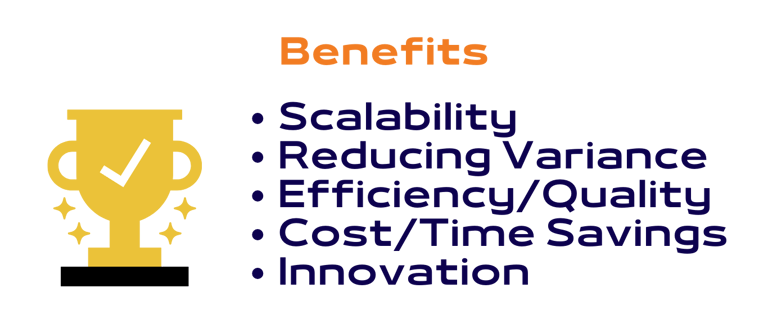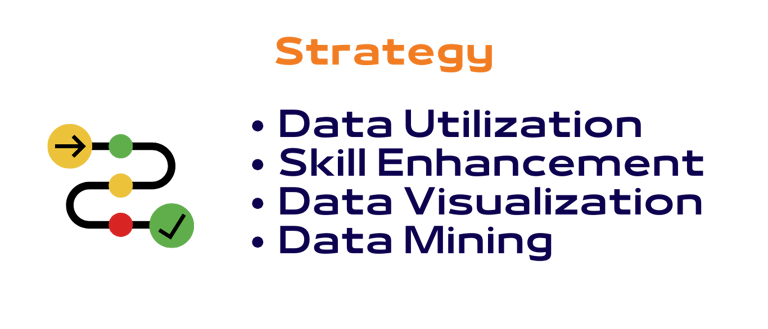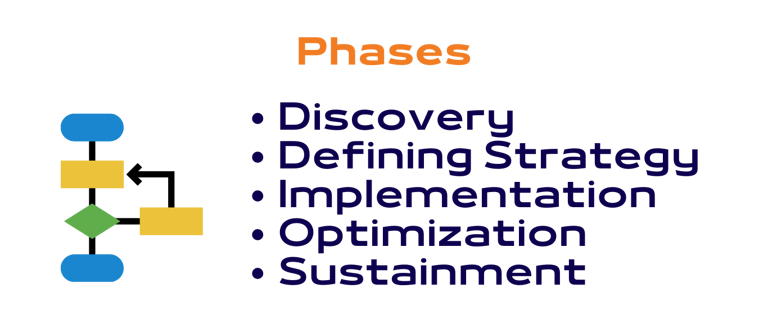Digital Transformation & Data Analytics
Digital transformation involves the integration of digital technology into all areas of a business, fundamentally changing how the organization operates and delivers value to customers. It is essential for maintaining competitiveness, improving operational efficiency, and fostering innovation. A successful digital transformation requires a clear strategy, awareness of potential risks, effective change management, and robust governance to ensure sustainable and impactful change.
Data analytics is the process of examining data sets in order to draw conclusions about the information they contain. It involves the application of statistical and analytical techniques to data in order to uncover patterns, correlations, and insights that can inform decision-making. Data analytics is used in various industries, including business, healthcare, finance, and more, to improve operations, make better decisions, and gain a competitive advantage.
What's in it for YOU


Bottom Line: Strategic implementation of Digital Transformation & Data Analytics, companies can successfully navigate their digital transformation journey, enhance business operations, improve performance and productivity, focus on core business activities, driving efficiency, innovation, and long-term success, growth and sustainability.






Sales: info@verleap.com
Plot No. 17, Vaidehinagar, Vanasthalipuram, Hyderabad-500070, TG, India
Copyright © 2024-2025. Verleap™. All Rights Reserved.
Contact Us
Availability: Monday to Friday - 11:00am IST to 8:00pm IST

